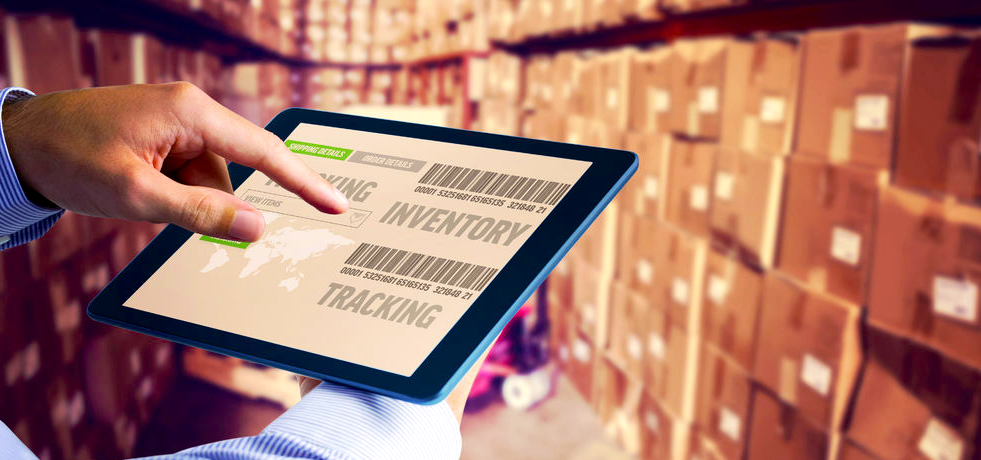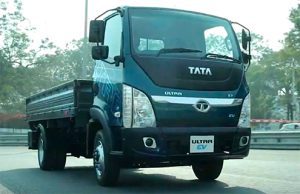A few years ago nobody would had thought that a television or a refrigerator could be home delivered to them in a day or so. This was been made possible due to the e-commerce industry and recent work- from-home situations that saw the light of the day due to the pandemic. The humongous growth of the e-commerce industry has given a huge stimulus to the logistics industry. With the initiative of fast deliveries and one-day delivery, online shopping has forced the supply chain sector to function with a never-before-seen accuracy and efficiency. In order to manage such high demand, the logistics industry has gone through a digital revolution which has not only aided in improvising accuracy and increased efficiency but also in providing the supply chain cycle with sustainability. Usage of artificial intelligence has rapidly grown in the logistics industry. This spike in using AI is due to the swift and smooth operations handling that it offers with its data-driven features that give effective and error-free output. Forecasting is also possible due to theavailability of huge data lakes. Such data is collected from IoT sensors that are present in the trucks, on products, etc.
The Internet of Things (IoT) can help to build a smarter and more connected world of commerce. Since supply chains and warehouses are becoming increasingly crucial in e-commerce with every passing day, logistics facilities have never been a better area for IoT technology to be included. The use of IoT sensors have diverged supply chain operations from typical manual operations functioning and slowly redirected them towards the path of automation.
The following are some tracts of functioning in the logistics industry that have become digital with the help of IoT sensors:
1) Real-time tracking
![]()
Transparency and accountability are critical components of a well- functioning supply chain cycle, and real-time tracking enables both. IoT devices, such as GPS trackers, can now track everything from a shipment’s position to its present temperature, delivering real-time data that enables logistics experts to completely understand how their supply chains run. For high-value commodities and temperature-sensitivegoods, real-time tracking is advantageous and humankind’s greatest boon. With the use of IoT data and device check-ins, the whole chain of custody of cargo can be traced and confirmed. IoT devices, for example, may immediately flag shipments that have departed from a safe temperature zone, so protecting customers from ruined goods.
2) Automation
Throughout the 2020s, supply chain automation will become increasingly important, particularly in the warehouse. As businesses automate more warehouse tasks, they will require accurate and timely data to power their automated systems.

3) Forecasting Accuracy
A well-implemented IoT system may help a firm improve its demand predictions. By automatically gathering data, IoT devices can enhance data accuracy and give better materials for supply chain managers to build demand projections. IoT helps to enhance data collecting practices in a variety of ways. For starters, it dramatically lowers the influence of human mistake in data collecting. It enables data to be gathered continuously or at specified intervals, reducing labour hours spentmanually acquiring data. Finally, it allows firms to collect data that would otherwise be difficult or impossible to collect manually.

4) Inventory Control
Inventory control is an important aspect of warehouse and supply chain management, and IoT may assist here as well. By integrating modern IoT sensors that automatically track and evaluate inventory placements and stock levels, supply chain experts may construct an accurate and up-to-date inventory tracking system.
The Internet of Things has the potential to build a smarter and more connected world of commerce (IoT). Logistics facilities have never been a better place for IoT technology to be included because supply chains and warehousing are becoming increasingly vital to eCommerce. The use of IoT sensors has shifted supply chain operations away from traditional manual processes and towards automation. With the advent of IoT sensors, there has been an insurmountable increase in the accuracy, performance and productivity of the supply chain cycle. By leveraging IoT sensors along with artificial intelligence, the operational and managing arms of the logistics industry are functioning frictionless.

The above pointers describe how introduction of electric trucks will have an extensive impact on the logistics sector and make the delivery chains environment friendly. With fuel and maintenance costs being cut down, it sure will be a better opportunity for buyers to invest in.
We, at CargoFL, are assisting businesses in making logistics administration easier for firms using electric vehicles by facilitating the introduction and monitoring of new variables with our AI driven Transport Management System. Contact us on +91 83290 83054 or connect@cargofl.com to get in touch with us to book a demo.






